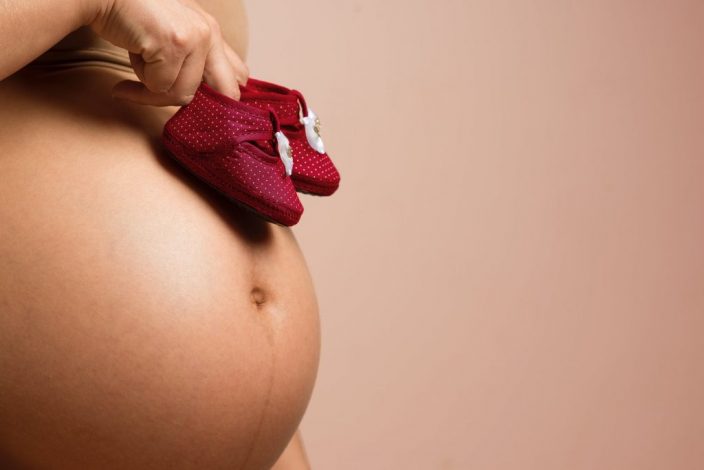This content has been archived. It may no longer be relevant
The government must put more emphasis on sexual and reproductive health considering the impact that the pandemic has caused in the health sector according to Health Stakeholders.
Speaking during a virtual stakeholders’ forum hosted by New Faces New Voices Kenya, on the impact of Covid- 19 on sexual and reproductive health rights, (UNFPA) Kenya Programme Coordinator Dr. Rael Mutai said that the disruptions brought about by Covid-19 have resulted to maternal health medics being reassigned to Covid- 19 response teams.
“Ante-natal and post-natal visits have drastically gone down. Women are no longer visiting hospitals for their check-ups or their children’s fear of exposure to coronavirus infections. This is a red flag as it could cause maternal and child mortality,” said (UNFPA) Kenya Programme Coordinator Dr. Rael Mutai.
While the significance of addressing the pandemic has taken center stage, the grim state of sexual and reproductive healthcare remains prevalent even before the onset of the pandemic. Lack of access to maternal products, rising cases of Female Genital Mutilation (FGM), child marriages, teenage pregnancies and Gender-Based Violence are some of the predominant incidents recounted during this season.
United Nations Population Fund UNFPA’s report “Reproductive Health for Communities in Crisis” describes how in times of crisis, reproductive health needs are likely to be overlooked.
“Ante-natal and post-natal visits have drastically gone down. Women are no longer visiting hospitals for their check-ups or their children’s fear of exposure to coronavirus infections. This is a red flag as it could cause maternal and child mortality,” said UNFPA Kenya Programme Coordinator Dr. Rael Mutai.
Inua Dada Founder Janet Mbugua echoed Dr. Mutai’s sentiments saying that most women and girls, especially those living in the informal settlements are suffering from ‘period poverty’, a setback that has resulted to young girls engaging in transactional sex for money in order to not only access sanitary products but also to support their families.
“Due to job losses, women no longer earn their daily wages and the little they get-go to providing food for their families over acquiring sanitary towels. With schools closed and movement restrictions across counties, vulnerable girls in urban slums and rural areas are really in dire need of financial and menstrual health support,” lamented Mbugua in the webinar facilitated by New Faces New Voices Kenya.
Rising cases of teenage pregnancies was also deliberated especially with the recent report that about 4,000 school-going girls below the age of 19 have been impregnated in the last four months in Machakos County, according to the County’s Children’s Department.
According to Plan International Gender and Inclusion Specialist Banu Khan, the recent statistics revealed on teenage pregnancy in Machakos County alone was perturbing.
“Child pregnancy and unsafe abortions continue to intensify, as millions of children continue to spend most of their free time at home unsupervised,” She said.
A fact sheet by the World Health Organisation states that at least 10 million unintended pregnancies occur each year among adolescent girls aged 15–19 years in the developing world. Of the estimated 5.6 million abortions that occur each year, 3.9 million are unsafe, contributing to maternal mortality, morbidity and lasting health problems.
“While schools provided a safe haven from peer support networks and studies that keep children engaged, the long duration closure has brought with it risks of sexual violence from perpetrators close to them. We must advocate for systems to address this complex issue to protect our children and their future,” said Khan.
The situation is not different in South Africa. Khuluka Foundation’s Josina Machel says that a recent demise of over 10 women attributed to cases of widespread violence against women in South Africa, in June alone.
“These circumstances have caused a public uproar prompting the South African Deputy President David Mabuza to make an appeal to members of parliament. For us the time to talk on issues of gender-based violence is over, time is of the essence, we need to act now and act decisively in tackling all challenges faced by the women of our country,” says Machel.
“Collaborative partnerships and social-economic mobilisation with non-governmental organisations, community based organisations and private sector will enhance policy implementation towards creating state-run safe facilities and economic empowerment to the vulnerable. This should not only be enacted during Covid- 19 season, but also a strategized lasting resolution for structured reproductive healthcare systems, “says New Faces New Voices Kenya.




